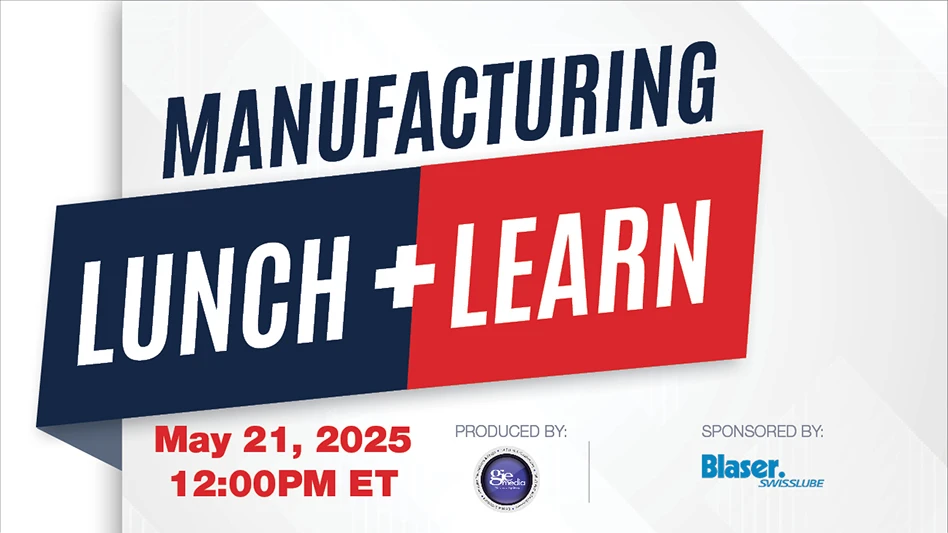
Resusright, a University of Sydney and Westmead Hospital startup, founded by doctoral biomedical engineering students Matt Boustred and Matthew Crott, along with Dr. Mark Tracy and Dr. Murray Hinder, a research team based at Westmead Hospital specializing in improving care of vulnerable babies, aims to lower neonatal mortality rates and prevent babies from developing disabilities due to complications at birth.
After raising significant funding in 2021, ResusRight will work on development of Juno, a clinical training system for newborn resuscitation. Plans are to launch the training system and develop a prototype monitor for use in the clinical setting at birth, with manufacturing and human trials set to begin this year.
“It was very empowering to find a group of investors who strongly support our team and mission,” says ResusRight Co-Founder and CEO Matt Boustred. “Worldwide, every year more than 10 million newborn babies require resuscitation at birth, with approximately one million babies dying annually from birth asphyxia. Experts estimate at least 30% of these deaths could be prevented with better resuscitation.”
Lack of access to life-saving training and equipment contributes to a substantial proportion of these deaths. ResusRight aims to advance newborn resuscitation through equipment accessible in design and at a price affordable to a global market.
“We want our monitoring systems to be as useful for a consultant in Westmead Hospital, a midwife out in Bourke, or a birth attendant in India,” Boustred says. “Our mission is to improve outcomes at birth to ensure no baby dies or is left with a preventable disability when their life has just begun.”
“We want to give clinicians the tools to be trained and resuscitate babies more effectively,” says Co-Founder and Chief Technology Officer, Matt Crott. “A key issue in current practices is that the resuscitator has no measure of how much air they are giving to the baby, or whether their mask technique is correct. This means they can easily over-deliver or under-deliver air to the baby, which has potential to lead to lung or brain injury.”
In Australia, approximately 17,000 babies require resuscitation annually and thousands of infants are left with injury or disability through this process which more effective monitoring could help reduce.
“Newborn babies should be given the best chance at life, and they deserve high-quality medical techniques that are tailored for their needs,” Crott says. “With our Juno training system, we aim to provide both better quality and a higher frequency of resuscitation training.”
ResusRight
https://resusright.com

Explore the May 2022 Issue
Check out more from this issue and find your next story to read.
Latest from Today's Medical Developments
- 3 Questions with an Expert with Allied Machine & Engineering
- Supply Chain Power – A strategic program for executives
- Sunnen Products' PGE-6000 gage
- April Manufacturing Lunch + Learn with Iscar
- April Manufacturing Lunch + Learn with Insaco
- Laser cold marking for plastic medical device manufacturing
- Paperless Parts’ BOM Builder
- #58 - Manufacturing Matters - 2024 Metrology's Latest Advancements with Starrett






